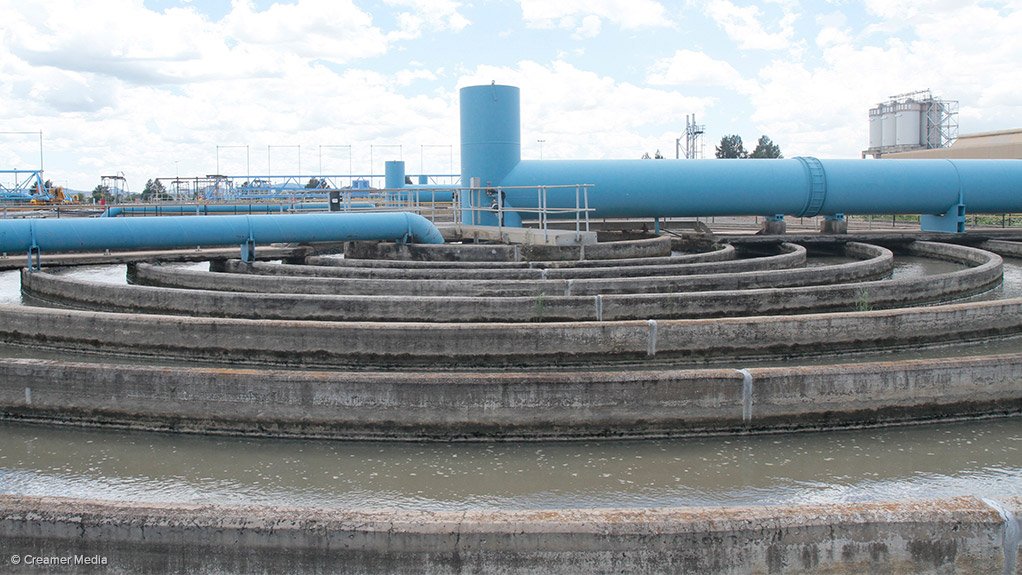Water outages in Johannesburg and Tshwane are a result of loadshedding, says Teboho Joala, Rand Water's chief shared services officer and acting managing director.
On Sunday, the municipalities warned residents there were still issues in some areas because of power outages which hit Rand Water in June
Then, the entity suffered a series of outages and trips at its Vereeniging and Zuikerbosch water treatment plants and the Palmiet, Eikenhof and Mapleton booster pumping stations.
Residents south of Johannesburg, Midrand and parts of Tshwane still suffer water outages or low pressure.
Joala spoke to News24 at the 91st meeting of the Scientific and Technical Council of Africa Water and Sanitation in Boksburg.
The three-day event is an annual meeting of water experts from across the continent.
Joala said the power trips at the entity were an "Eskom issue" occurring as "Stage 6 becomes more prevalent".
As an essential part of the water infrastructure, Rand Water should not experience loadshedding.
But Joala said the entity was affected by trips or outages at substations which supply its infrastructure.
He added electrical outages along the lines that fed Rand Water's infrastructure have a negative impact on the substations that supplied the entity with electricity.
Joala said on 8 June, when the Orlando switching station temporarily failed, it affected the utility's Eikenhof pump station.
On 13 June, a power outage at Vosloorus affected the Palmiet booster pumping station.
"These pumping stations can't use generators. They need a baseload of 350MW [each], which would mean installing a plant.
"Building a plant at the pump stations would be quite expensive."
He added water outages differed from electricity outages because of the time it took to flow to an area.
"It's not like just turning the lights back on. When the electricity is out for a day or even a few hours, it … can take days or weeks for the system to recover."
Joala said this was because people continue to use water in the reservoirs before Rand Water can pump water back to the reserves.
The water levels drop, and Rand Water is continuously trying to catch up.
"The results have long-term implications," he added.
EMAIL THIS ARTICLE SAVE THIS ARTICLE
To subscribe email subscriptions@creamermedia.co.za or click here
To advertise email advertising@creamermedia.co.za or click here











